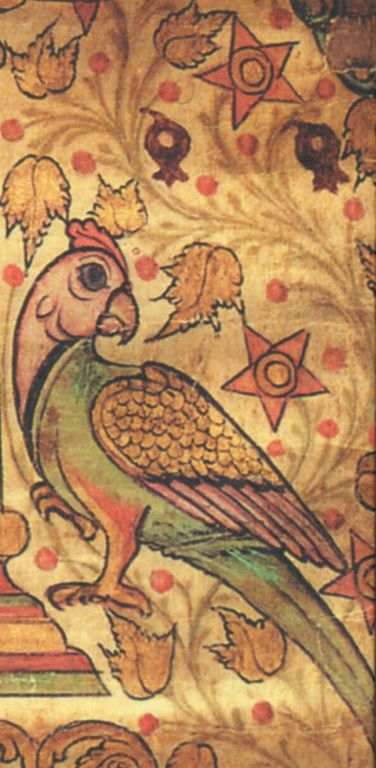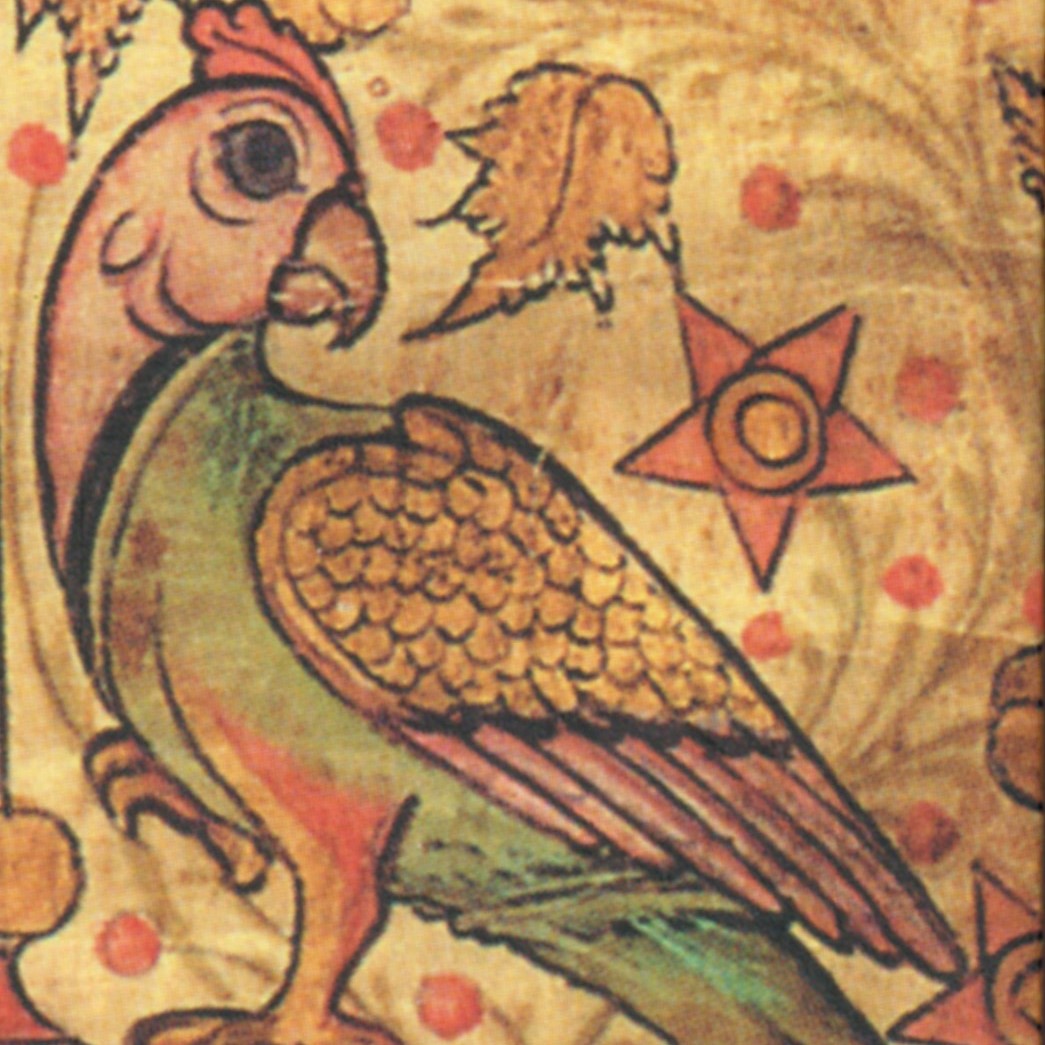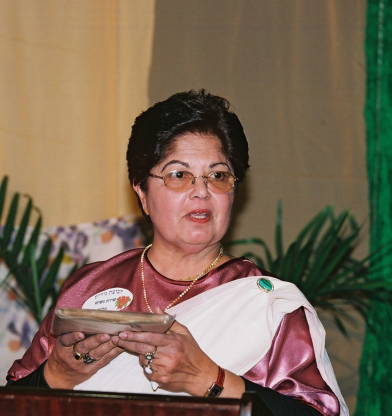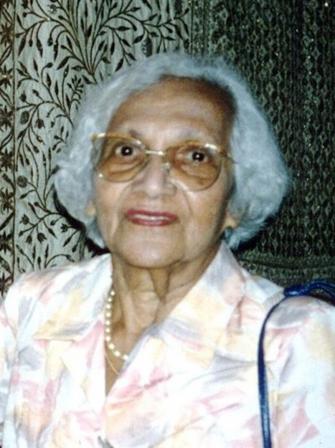1977
45. Joseph’s Robe
Sarah Cohen, Simcha Salem, Ruby Hallegua, Rachel Hallegua. Recorded by Barbara Johnson, Kochi, January 22, 1977; III-62.
Nělayāya ñāyaně něṟivuṃ niṟaññoně
Něṟavoḍě ākki tān yākkobuṃ makkaḷuṃ
1. O Judge Eternal, the One full of justice,
You gave in abundance to Yaakov and sons.
This very dear father and very dear sons
Lived in the land that was shown them by God.
They lived in that land as herders of goats.
Beautiful Yoseph was age seventeen.
He was the favorite son of the father,
The Vava who gave him a beautiful robe.2. The garment was of attractive design,
Which the brothers could not bear to see.
Between him and them there was no shalom.
When they heard of his dream, they hated him more.
He saw in his dream, while he was asleep,
The sun and moon were bowing to him.
He informed them all about this dream—
The eleven brothers and Vava too.3. “Your mother and I and your brothers too—
Do you think we’re going to bow down to you?”
In anger Vava spoke to his face.
The brothers were talking among themselves,
But the weight of the matter they kept inside.
“Your brothers have gone out herding the goats.
Go see if they’re living there in shalom.”
So, listening to Vava’s words, he went.4. As the brothers saw him approaching, they said:
“Is this not the dreamer, the one who comes?
Quickly let’s put him into this pit!”
Just like a stranger they treated him—
Decided to kill him before he arrived.
When Yoseph arrived at the place where they were,
His splendid garment they took from him—
The beautiful robe that suited him well.5. When first-born Reuben heard them, he said:
“Don’t hurt him! Just put him into the pit.”
They took him and put him into the pit.
Then all the scorpions and snakes withdrew,
And the brothers went off and sat down to eat.
Along came some traders, at just that time.
Then to his brothers Yehudah said:
“Because this one is our brother too,6. Against him let’s not raise our hand.
Let’s sell him off to these traders instead.”
Agreeing, each one nodded his head.
When the traders came to the pit of stone,
They lowered a rope and pulled him out.
They sold him for twenty silver coins.
Like rice that’s given away to the poor,
To Egypt beautiful Yoseph was sold.7. When the deed was done, Reuben returned.
When he looked in the pit, Yoseph was not there!
In mourning he promptly rent his robe,
And rushed to tell his brothers at once:
“What shall I do without the dear child?
If Vava finds out, what trouble there’ll be!
We must not tell Vava what we have done.
He must lose his power of prophecy!”8. Vava did not know what had transpired.
When nine of the brothers stood bowing to pray,
By adding God to pray with them,
Vava’s prophetic power was gone.
Slaughtering a goat, they dipped the robe.
Before father they placed the beautiful robe.
“O Vava, we ask you, look and say,
With all of your knowledge and wisdom, we pray,9. Look carefully and tell us please.
Is this the robe of your learned son?”
He carefully looked and then he said,
“Indeed, it’s the robe of my good son.
And I sent the dear child far, far away!
He’s been torn and devoured by a cruel beast.”
So, wrapping himself in a blanket of wool,
He rent his robe, saying “Till I see my son.”
“Joseph’s Robe” was recorded in 1977 by four Paradesi women who chose to sing only its first few verses, apparently finding the simple and repetitive tune less interesting than most of the other songs they performed. Though less compelling than the intense drama and lively melodies of “Joseph the Righteous” (song 44), this song preserves more Joseph stories from the Bible (Genesis, chap. 37–47) and related midrash, conveying them in greater detail and with considerable narrative charm.
Our translation includes the first nine of as many as thirty-four verses in eight variants of the song, found mainly in notebooks from Kochi. This first section refers to a midrash in which God saves Joseph by confining the snakes and scorpions to clefts in the pit so they cannot reach him (Ginzberg 1969, 2:13). When she first translated this song, Ruby Daniel told me the story (found in Ginzberg 1969, 2:30) of how God shared responsibility for Jacob’s loss of the power of prophecy, by serving as the tenth witness needed along with the nine brothers, backing up their agreement that Jacob should not be informed that Joseph was still alive. The lengthy song continues with other episodes, including that of Jacob summoning the wild animals to demand of them: “Who has eaten my son?” In tropical Kerala, his wrapping himself in a woolen blanket (at the end of stanza 9—as did Mordecai in song 58, stanza 3) was equivalent to putting on sackcloth as a sign of mourning.







